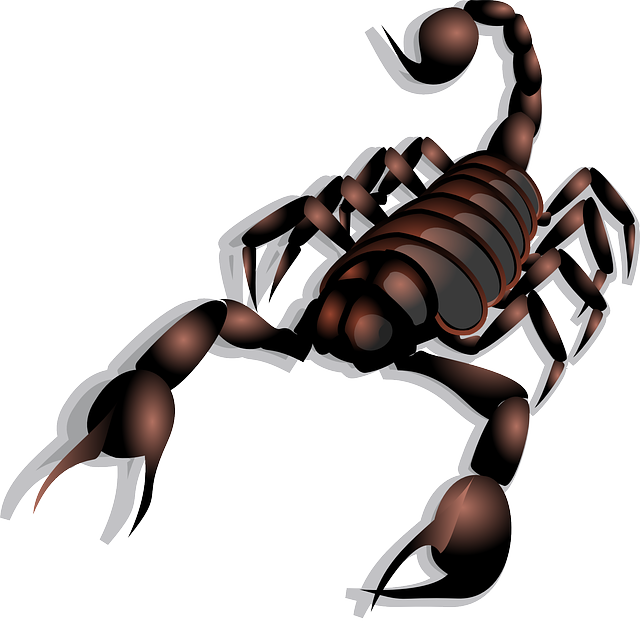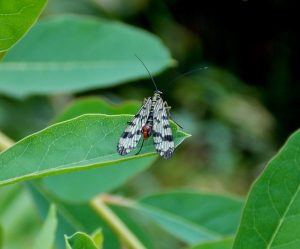In Tucson's arid climate, seasonal changes influence scorpion behavior, with scorpions being more active and invasive during the cooler months, particularly late fall to early winter. Effective scorpion control in Tucson requires understanding these patterns and implementing year-round strategies that include maintaining a clean and sealed environment, regular inspections, and employing exclusion techniques like trimming vegetation and sealing home exteriors to deter scorpions from entering homes. For managing established infestations, professional pest control services in Tucson offer targeted treatments using eco-friendly methods, including residual insecticides, along with ongoing inspection and maintenance programs tailored to the local environment. Collaboration with experts knowledgeable about Tucson's ecology is essential for a comprehensive approach to scorpion control, ensuring safety and comfort for residents throughout the year.
Exploring the intricate seasonal activity patterns of Tucson’s scorpions sheds light on their behavior and the best practices for managing these arachnids. This article delves into the fascinating world of scorpion dynamics, providing insights through “Deciphering Scorpion Behavior: A Guide to Seasonal Activity Patterns in Tucson.” Understanding these patterns is crucial for implementing effective scorpion control measures, a topic thoroughly covered in “Effective Strategies for Scorpion Control in Tucson Environments.” Discover how seasonal changes influence the movements and behaviors of Tucson’s scorpions and learn practical methods to maintain a safe environment.
- Deciphering Scorpion Behavior: A Guide to Seasonal Activity Patterns in Tucson
- Effective Strategies for Scorpion Control in Tucson Environments
Deciphering Scorpion Behavior: A Guide to Seasonal Activity Patterns in Tucson

Scorpions, a common fixture in Tucson’s arid landscape, exhibit distinct seasonal activity patterns that are influenced by the region’s climate and environmental conditions. To effectively manage scorpion populations through scorpion control in Tucson, understanding these patterns is crucial. Typically, scorpions become more active during the cooler months of the year, particularly in late fall and throughout winter when temperatures drop. This period is characterized by increased foraging activity as scorpions search for food and water. Homeowners may notice an uptick in scorpion presence indoors during this time, highlighting the need for proactive scorpion control measures.
As the Tucson climate transitions into spring and summer, scorpions begin to retreat to cooler, more humid microhabitats to escape the intense heat. This period of reduced activity makes it somewhat easier to manage scorpion populations with control strategies. However, as temperatures moderate in the fall, scorpions will once again become more active, prompting residents to revisit and possibly adjust their scorpion control Tucson protocols to ensure safety and comfort within homes. Throughout the year, maintaining clean, well-sealed environments can deter scorpions, while regular inspections and the implementation of effective control methods are essential for managing potential scorpion encounters in Tucson residential areas.
Effective Strategies for Scorpion Control in Tucson Environments

In Tucson, Arizona, scorpion control is a year-round concern due to the region’s arid climate and diverse scorpion species, notably including the Arizona bark scorpion, which is known for its ability to thrive in various environments. Effective scorpion control strategies in Tucson revolve around habitat modification and exclusion techniques. Homeowners can minimize scorpion activity by keeping their yards free of debris where scorpions can hide during the day. Regularly trimming shrubs and vegetation, especially close to the home’s foundation, deters scorpions as they prefer dark, undisturbed areas. Additionally, sealing cracks and gaps in the home’s exterior can prevent scorpions from entering indoor spaces. Employing door sweeps and properly fitting weather stripping around doors and windows is also a critical step in keeping these arachnids at bay.
For those experiencing an active scorpion infestation, professional pest control services in Tucson offer targeted treatments using environmentally responsible methods. These professionals can apply scorpion-specific insecticides as a residual treatment along the perimeter of structures and in areas where scorpions are frequently found. Monitoring and maintenance programs can also be effective, involving ongoing inspections and treatments to manage scorpion populations. It’s important for residents to collaborate with pest control experts who understand the local ecology and can tailor scorpion control strategies to Tucson’s unique environment. By combining proactive exclusion methods with professional treatment when necessary, residents of Tucson can significantly reduce the presence of scorpions in and around their homes, ensuring a safer living space.
Tucson’s arid environment is home to a variety of scorpion species, each with distinct seasonal activity patterns. This article has shed light on these behaviors, offering insights into how and when scorpions are most active, which is crucial for effective scorpion control in Tucson environments. By understanding the seasonal cycles of these creatures, residents can better manage their interactions with scorpions, minimizing risks and enhancing safety. The strategies outlined for scorpion control in Tucson emphasize a combination of preventive measures and targeted interventions, ensuring that both the human population and the local scorpion populations coexist harmoniously. With this knowledge, Tucson residents can take proactive steps to safeguard their homes and well-being throughout the year.
